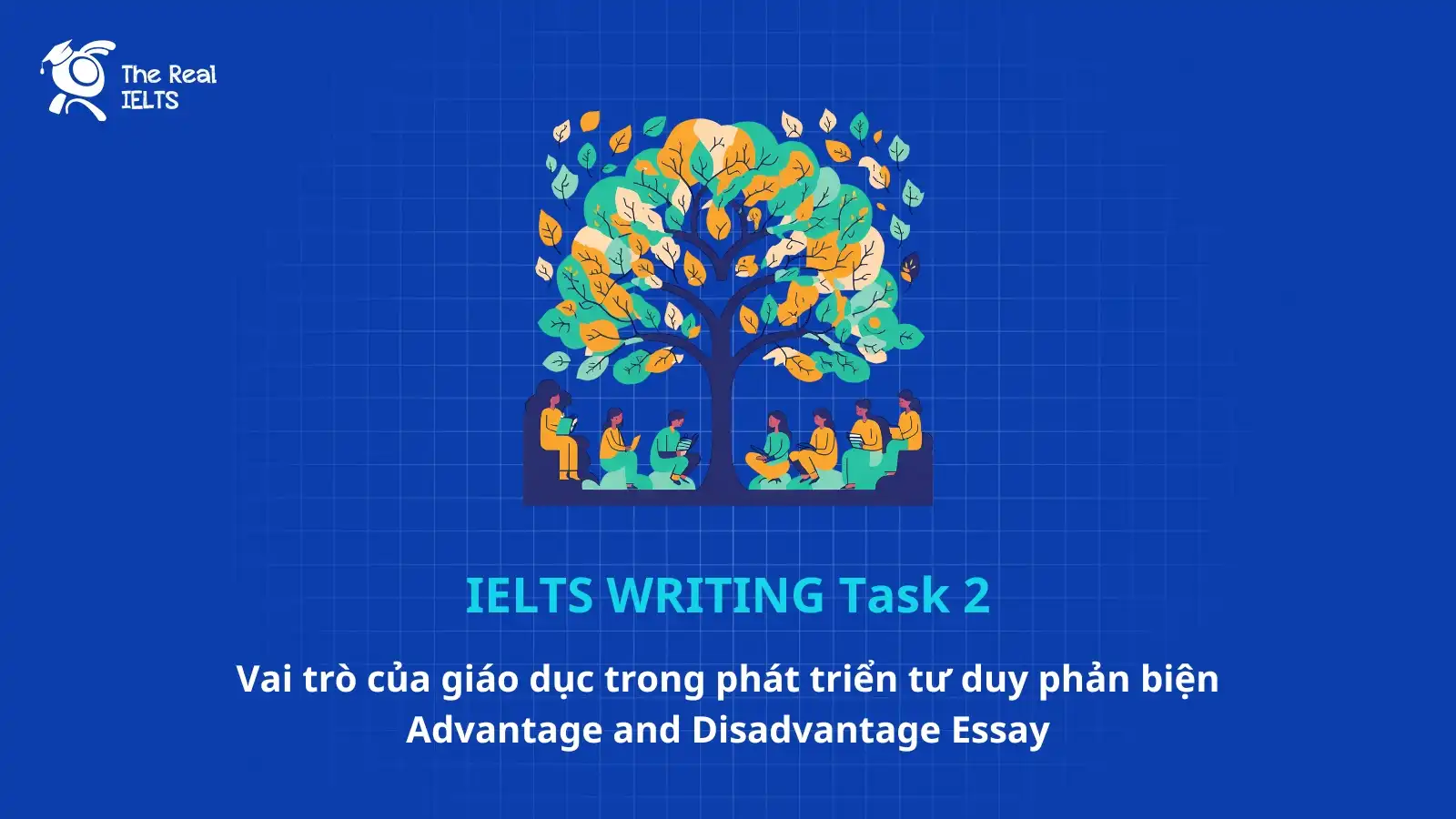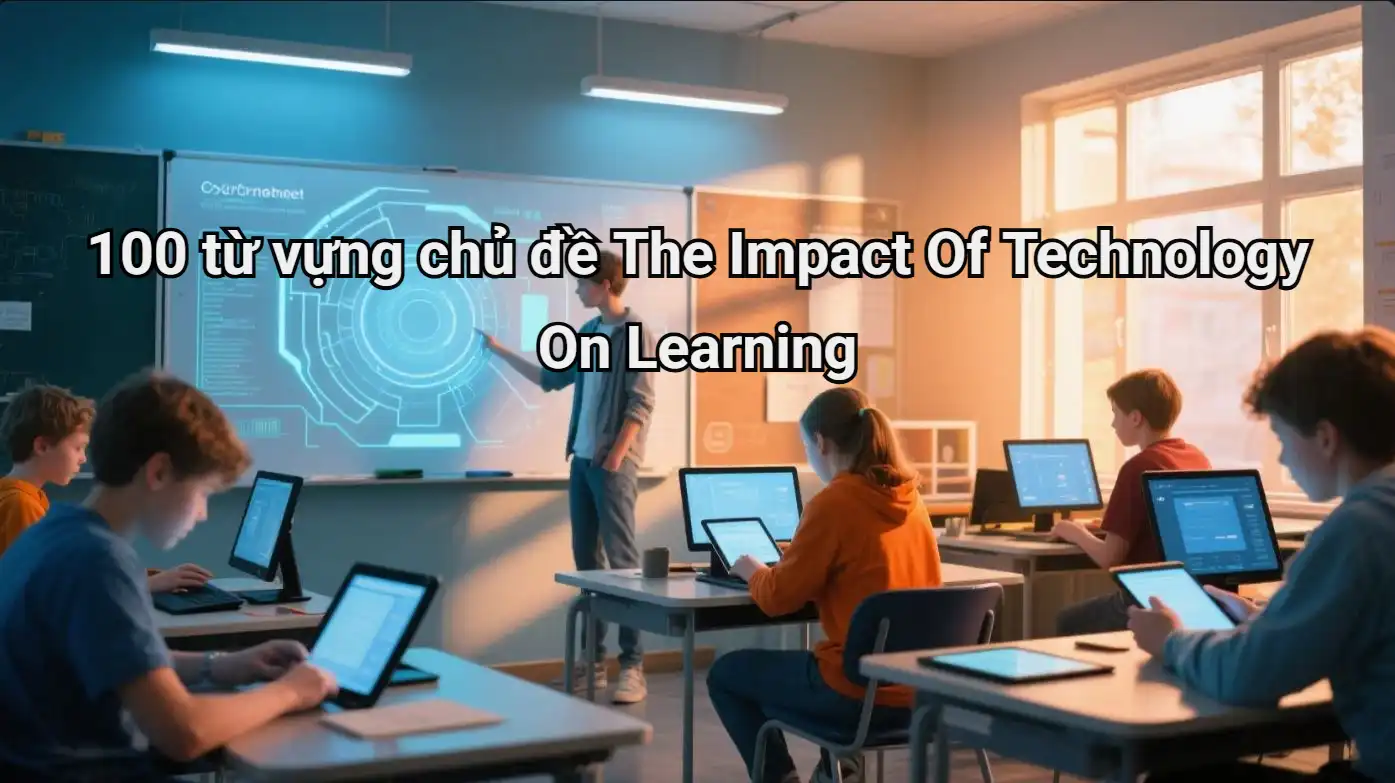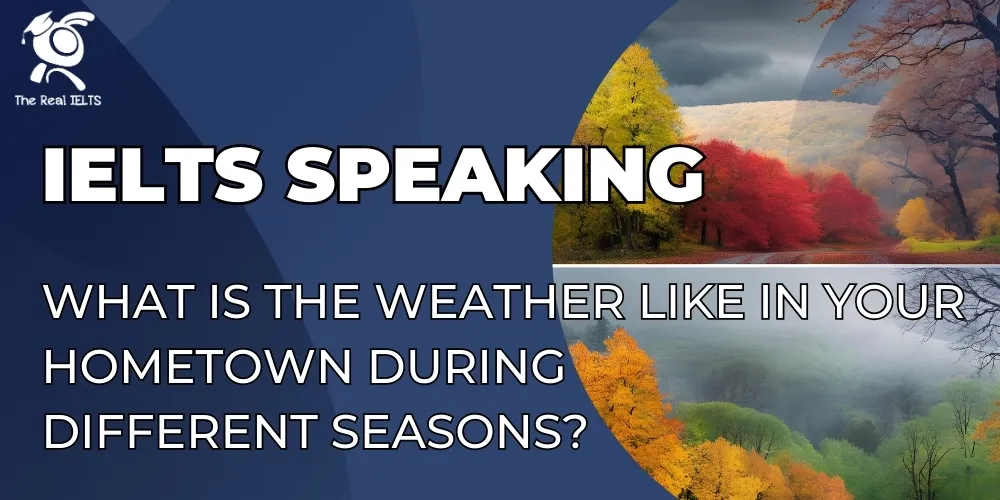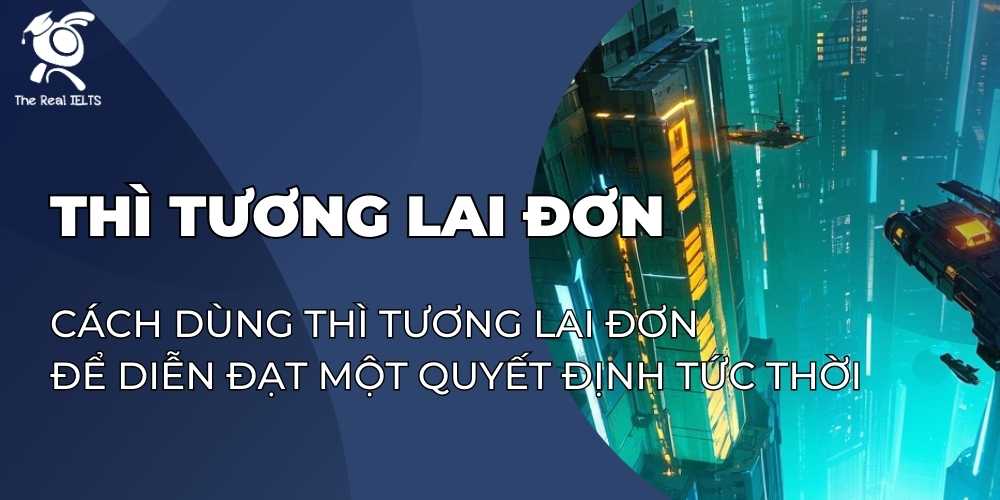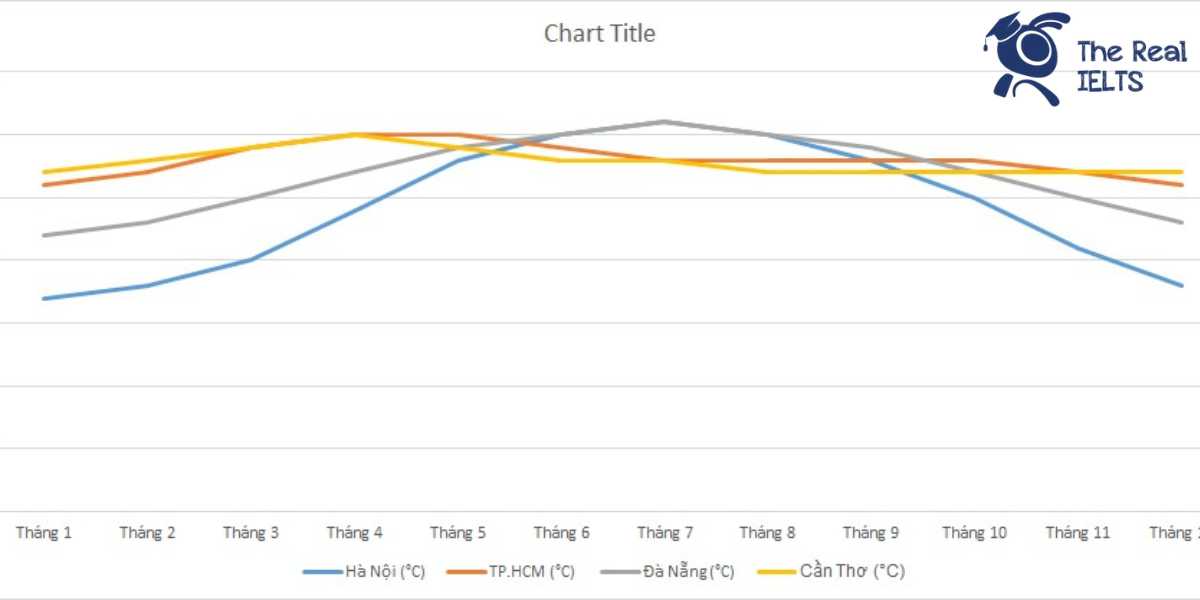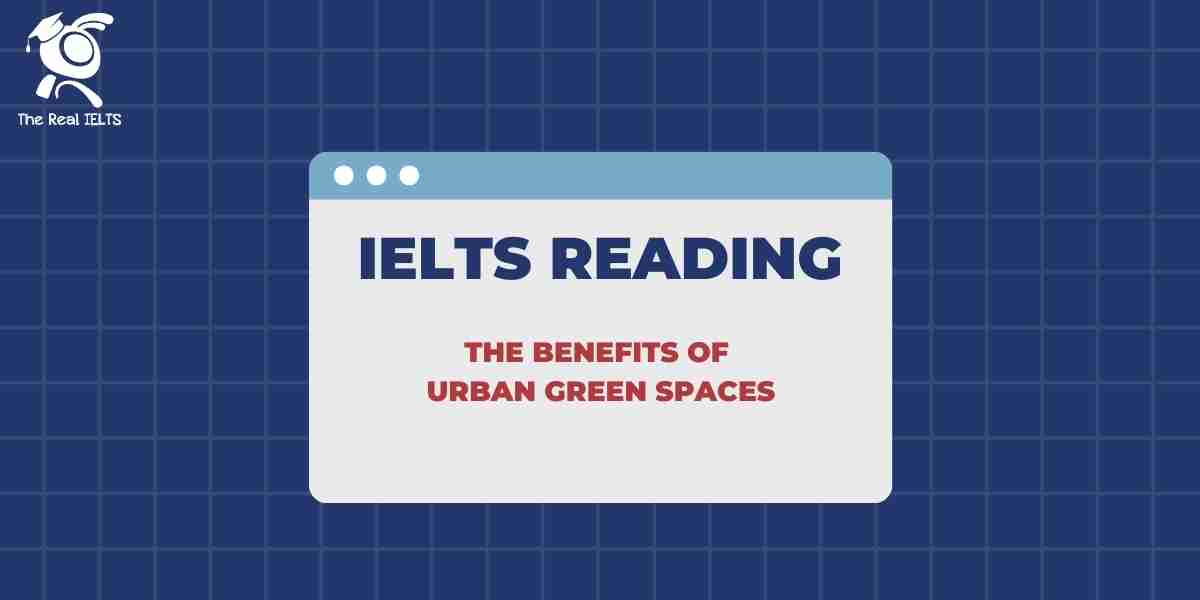IELTS Writing Task 2 dạng Advantage and Disadvantage Essay yêu cầu phân tích cả lợi ích và hạn chế của một vấn đề. Giáo dục được cho là giúp phát triển tư duy phản biện, nhưng liệu có nhược điểm nào không? Bài viết này sẽ thảo luận về cả ưu và nhược điểm của vai trò này.
Đọc thêm: IELTS Writing Task 2: Vai trò của giáo dục trong phát triển tư duy phản biện – Discussion Essay
Đề bài IELTS Writing Task 2: Vai trò của giáo dục trong phát triển tư duy phản biện – Advantage and Disadvantage Essay
Many people believe that education helps individuals develop critical thinking abilities. What are the advantages and disadvantages of relying on formal education for this skill?
Ví dụ 1
Introduction
Many people believe that formal education plays a key role in developing critical thinking skills. While structured learning environments provide essential cognitive tools, over-reliance on formal education may have certain limitations. This essay will examine both the advantages and disadvantages of depending on formal education for the development of critical thinking abilities.
Body Paragraph 1: Advantages of Formal Education in Developing Critical Thinking
One of the main advantages of formal education is that it provides a structured approach to analytical thinking. Subjects such as mathematics, science, and philosophy require students to evaluate evidence, form logical conclusions, and engage in problem-solving. For instance, students conducting scientific experiments must analyze data and modify their hypotheses, which enhances their ability to think critically.
Additionally, formal education exposes students to diverse perspectives, encouraging them to question assumptions and develop independent opinions. In literature and history classes, for example, learners analyze different viewpoints on historical events or ethical dilemmas, strengthening their ability to assess multiple sides of an issue before making informed decisions.
Body Paragraph 2: Disadvantages of Relying Solely on Formal Education
Despite its benefits, formal education has limitations in fostering critical thinking, particularly in rigid education systems that emphasize rote memorization over analytical reasoning. In many traditional classrooms, students are required to recall facts rather than engage in deep discussions or problem-solving exercises, which can hinder their ability to think independently.
Moreover, critical thinking is also developed through real-life experiences, social interactions, and self-reflection—areas where formal education may fall short. Practical decision-making skills, for example, are often learned through challenges in everyday life rather than in academic settings. Therefore, relying solely on formal education for critical thinking development may not fully prepare individuals for complex real-world situations.
Conclusion
In conclusion, while formal education provides a strong foundation for developing critical thinking through structured learning and exposure to different perspectives, it is not without its drawbacks. Overemphasis on rote learning and lack of real-world application may limit its effectiveness. Therefore, a balanced approach that combines formal education with practical experiences is essential for fostering well-rounded critical thinkers.
Ví dụ 2
Formal education is widely regarded as a key factor in developing critical thinking skills, as it provides structured learning experiences and exposure to diverse perspectives. However, relying solely on formal education for this skill has both benefits and drawbacks. This essay will discuss the advantages and disadvantages of using formal education as the primary means of cultivating critical thinking abilities.
One of the main advantages of formal education is that it offers a systematic approach to critical thinking. Schools and universities encourage students to analyze information, evaluate arguments, and solve problems through subjects such as science, mathematics, and philosophy. For example, scientific education promotes logical reasoning by requiring students to test hypotheses and interpret results. Additionally, literature and history classes help students develop analytical skills by encouraging them to examine different viewpoints and question established narratives. This structured environment ensures that individuals acquire critical thinking skills in a comprehensive and methodical way.
Moreover, formal education provides opportunities for intellectual discourse, which is essential for refining critical thinking. Classroom discussions, debates, and collaborative projects require students to defend their viewpoints, respond to counterarguments, and engage in reasoned analysis. Teachers also play a crucial role in guiding students toward evidence-based reasoning, helping them distinguish between fact and opinion. These interactions prepare individuals to think critically in real-world situations, enabling them to make informed decisions in both their personal and professional lives.
However, there are also disadvantages to relying solely on formal education for critical thinking development. One major drawback is that many educational systems prioritize rote memorization over analytical reasoning. In some countries, standardized testing places excessive emphasis on factual recall rather than problem-solving skills, limiting students’ ability to think independently. As a result, graduates may struggle to apply critical thinking outside academic settings, as they have been trained to follow structured guidelines rather than think creatively.
Another limitation is that formal education may not always reflect real-world complexities. Critical thinking is often best developed through practical experiences, such as dealing with workplace challenges, navigating social issues, or solving everyday problems. Over-reliance on classroom-based learning may leave individuals unprepared for situations that require adaptability and quick decision-making. Furthermore, access to quality education varies significantly across different regions and socioeconomic backgrounds, meaning that not everyone has the same opportunities to develop strong critical thinking skills through formal education.
In conclusion, while formal education plays a crucial role in fostering critical thinking through structured learning and intellectual engagement, it has limitations such as an overemphasis on memorization and a lack of real-world application. To maximize the benefits of education, it should be complemented with experiential learning, problem-solving opportunities, and exposure to diverse life experiences.
Ví dụ 3
Introduction
Education is often seen as a key driver in developing critical thinking skills, helping individuals analyze information, solve problems, and make informed decisions. While formal education provides structured learning to enhance these abilities, some argue that it is not always the most effective or the only way to develop critical thinking. This essay examines the advantages and disadvantages of relying on formal education to foster critical thinking.
Advantages of Formal Education in Developing Critical Thinking
- Structured Learning Environment
- Schools and universities provide a systematic approach to teaching logical reasoning, problem-solving, and analytical skills.
- Subjects such as mathematics, science, and philosophy train students to evaluate evidence and form reasoned conclusions.
- Exposure to Diverse Perspectives
- Education introduces students to different viewpoints, cultures, and ideologies, fostering open-mindedness and analytical thinking.
- Classroom discussions, debates, and collaborative projects encourage students to challenge assumptions and think critically.
- Access to Expert Guidance
- Teachers and professors provide mentorship and structured guidance, helping students refine their reasoning skills.
- Formal assessments and feedback mechanisms ensure that students improve their analytical abilities over time.
- Development of Research and Problem-Solving Skills
- Universities emphasize research-based learning, requiring students to analyze information, evaluate sources, and construct logical arguments.
- Case studies and real-world applications enhance decision-making and problem-solving abilities.
Disadvantages of Relying on Formal Education for Critical Thinking
- Overemphasis on Memorization
- Many education systems focus on rote learning and standardized testing rather than analytical thinking.
- Students may prioritize memorization over questioning and independent thought, limiting their ability to develop critical reasoning.
- Variability in Educational Quality
- Not all schools and universities prioritize critical thinking in their curriculum.
- In some regions, outdated teaching methods discourage creativity and independent problem-solving.
- Limited Real-World Application
- Formal education sometimes fails to connect theoretical knowledge with real-world challenges.
- Practical experiences, internships, and hands-on learning are often needed to strengthen critical thinking in real-life situations.
- The Role of Personal Experience and Self-Learning
- Critical thinking can also be developed through personal experiences, independent reading, and exposure to diverse ideas.
- Many successful thinkers acquire analytical skills outside formal education through self-directed learning and practical experiences.
Conclusion
While formal education provides a strong foundation for developing critical thinking skills, it is not the only or always the most effective means. Over-reliance on traditional schooling may limit creativity if the education system focuses too much on memorization. To maximize critical thinking development, education should emphasize inquiry-based learning, real-world applications, and independent problem-solving. Additionally, individuals should seek opportunities for self-learning and practical experiences beyond formal education.
Ví dụ 4
Introduction
Education is often considered essential for developing critical thinking skills, as it provides structured learning, exposure to diverse ideas, and opportunities for analytical reasoning. However, relying solely on formal education for critical thinking development has both advantages and disadvantages. This essay will examine both perspectives.
Advantages of Relying on Formal Education for Critical Thinking
- Structured Learning and Logical Development – Formal education introduces students to logical reasoning, problem-solving techniques, and analytical frameworks that enhance their critical thinking abilities.
- Exposure to Diverse Perspectives – Schools and universities encourage discussions, debates, and exposure to different viewpoints, helping students evaluate multiple sides of an issue before forming conclusions.
- Guidance from Experts – Teachers and professors provide structured guidance, helping students refine their reasoning and argumentation skills through feedback and academic discourse.
- Use of Research and Evidence-Based Learning – Formal education emphasizes evidence-based thinking, requiring students to analyze data, question sources, and make informed decisions.
- Development of Problem-Solving Skills – Subjects such as mathematics, science, and philosophy train students to approach problems methodically and critically.
Disadvantages of Relying on Formal Education for Critical Thinking
- Emphasis on Memorization Over Analysis – Some education systems focus heavily on rote learning and standardized testing, limiting opportunities for independent thinking and creativity.
- Limited Real-World Application – Classroom-based learning may not always reflect real-world challenges, where critical thinking is developed through hands-on experience and decision-making.
- Variation in Teaching Quality – Not all educators effectively foster critical thinking; in some cases, rigid teaching methods discourage questioning and independent thought.
- Lack of Practical Exposure – Many critical thinking skills are developed through real-life experiences, such as workplace problem-solving, entrepreneurship, or social interactions, which may not be emphasized in formal education.
- Over-Reliance on Authority – Education systems often encourage students to accept knowledge from textbooks and teachers without questioning, which can sometimes hinder independent thinking.
Conclusion
While formal education provides a strong foundation for critical thinking through structured learning, exposure to diverse ideas, and analytical reasoning, it should not be the only source for developing this skill. Real-world experiences, self-learning, and practical problem-solving are equally important. A balanced approach that combines formal education with experiential learning is the most effective way to cultivate strong critical thinking abilities.
Ví dụ 5
Education is often seen as a crucial tool for developing critical thinking skills, which enable individuals to analyze information, solve problems, and make informed decisions. While formal education offers structured learning and intellectual growth, it also has certain limitations when it comes to fostering independent thought. This essay explores both the advantages and disadvantages of relying on formal education for critical thinking development.
Advantages of Formal Education in Developing Critical Thinking
- Structured Learning Environment
Formal education provides a systematic approach to learning, where students engage in discussions, debates, and problem-solving activities that enhance their analytical abilities. Subjects such as philosophy, mathematics, and science encourage logical reasoning and evaluation of evidence. - Exposure to Diverse Perspectives
Schools and universities introduce students to different viewpoints through literature, history, and social sciences. Exposure to contrasting opinions helps students question assumptions and develop independent thought. - Guidance from Educators and Experts
Teachers and professors play a key role in guiding students to think critically by encouraging inquiry, skepticism, and logical reasoning. Their mentorship helps students refine their ability to analyze complex topics. - Research and Analytical Skills Development
Higher education emphasizes research, requiring students to gather information, assess sources, and construct well-reasoned arguments. This process nurtures critical thinking by promoting deep analysis and skepticism of unverified claims. - Application of Knowledge to Real-World Problems
Many educational institutions incorporate case studies, simulations, and project-based learning, which require students to apply theoretical knowledge to practical situations, thereby enhancing their problem-solving abilities.
Disadvantages of Relying on Formal Education for Critical Thinking
- Memorization-Based Learning
Some education systems focus heavily on rote memorization and standardized testing rather than analytical thinking. When students are trained to recall facts instead of evaluating information, their critical thinking skills may not fully develop. - Lack of Practical Experience
Critical thinking is often best developed through real-world experiences, workplace challenges, and hands-on problem-solving. Formal education may provide theoretical knowledge, but it does not always prepare students for unpredictable, real-life situations where adaptability is required. - Rigid Curricula and Teaching Methods
In many cases, traditional education follows a fixed curriculum that limits creative thinking and independent exploration. When students are taught to follow set guidelines rather than question or challenge ideas, their ability to think critically may be restricted. - Dependence on Authority
In structured educational settings, students may become overly reliant on teachers and textbooks for knowledge, rather than developing the ability to think independently. This can lead to passive learning rather than active questioning. - Cultural and Institutional Biases
Education systems often reflect cultural, political, or ideological biases, which can influence how information is presented. If students are not encouraged to critically examine different perspectives, their ability to think independently may be compromised.
Conclusion
While formal education provides a strong foundation for critical thinking through structured learning, exposure to diverse viewpoints, and research-based analysis, it also has limitations. Overemphasis on memorization, lack of real-world experience, and rigid teaching methods can hinder independent thought. Therefore, a balanced approach that combines formal education with practical experiences, open discussions, and self-directed learning is essential for the full development of critical thinking skills.
Ví dụ 6
Introduction
Education is widely regarded as a key factor in developing critical thinking skills, as it provides structured learning environments that encourage analysis, problem-solving, and independent reasoning. However, relying solely on formal education for critical thinking development has both advantages and disadvantages. This essay will examine both sides of the argument.
Advantages of Relying on Formal Education for Critical Thinking
- Structured Learning Environment – Formal education provides a systematic approach to learning, where students are exposed to logical reasoning, debate, and problem-solving exercises that enhance their critical thinking skills.
- Exposure to Diverse Perspectives – Schools and universities introduce students to different viewpoints through discussions, literature, and research. Exposure to multiple perspectives helps individuals develop analytical thinking and the ability to evaluate arguments objectively.
- Development of Research and Evaluation Skills – Higher education emphasizes evidence-based reasoning, requiring students to assess sources, analyze data, and construct well-supported arguments. These skills are essential for making informed decisions in both academic and real-world settings.
- Encouragement of Intellectual Curiosity – Many academic institutions promote curiosity by encouraging students to ask questions, challenge existing theories, and seek deeper understanding, which fosters independent thought.
Disadvantages of Relying on Formal Education for Critical Thinking
- Memorization-Based Learning in Some Systems – Many education systems prioritize rote learning and standardized testing over critical analysis. This approach can hinder students from developing independent thinking skills and problem-solving abilities.
- Limited Practical Application – While formal education teaches theoretical concepts, it may not always provide real-world problem-solving experiences. Many individuals develop critical thinking more effectively through hands-on experiences and workplace challenges.
- Dependency on Authority Figures – In some educational settings, students rely heavily on teachers or professors for knowledge rather than developing their own reasoning abilities. This can limit their ability to think independently and critically assess information.
- Exclusion of Alternative Learning Methods – Formal education may not cater to all learning styles. Some individuals develop critical thinking skills better through self-learning, experiential learning, or informal discussions outside the classroom.
Conclusion
While formal education provides valuable opportunities to develop critical thinking through structured learning, exposure to diverse perspectives, and research-based training, it is not without limitations. Overreliance on memorization-based teaching and lack of practical application can hinder true critical thinking development. Therefore, a balanced approach that combines formal education with real-world experiences and independent learning is essential for fostering strong critical thinking abilities.
Ví dụ 7
Formal education is widely regarded as a crucial tool for developing critical thinking skills. It provides structured learning, exposes students to diverse perspectives, and encourages analytical reasoning. However, relying solely on formal education for this skill has both advantages and disadvantages.
Advantages of Formal Education in Developing Critical Thinking
- Structured Learning Environment – Schools and universities provide a systematic approach to learning, gradually introducing students to logical reasoning and problem-solving techniques.
- Exposure to Diverse Ideas and Perspectives – Education introduces individuals to various viewpoints, ideologies, and disciplines, fostering the ability to analyze and evaluate information critically.
- Research and Analytical Skills – Academic programs emphasize research-based learning, requiring students to assess sources, form arguments, and develop independent conclusions.
- Encouragement of Debate and Discussion – Classroom discussions, debates, and essay writing train students to consider multiple perspectives, question assumptions, and articulate well-reasoned arguments.
- Application of Logical and Scientific Methods – Subjects like science, mathematics, and philosophy encourage systematic thinking and evidence-based decision-making.
Disadvantages of Relying Solely on Formal Education for Critical Thinking
- Emphasis on Memorization Over Analysis – Some education systems prioritize rote learning, which discourages independent thinking and problem-solving.
- Limited Real-World Application – Classroom learning may not fully prepare students for practical, real-life situations where adaptability and experiential learning play a crucial role.
- Standardized Curriculums May Restrict Creativity – Many education systems follow rigid curricula that may not allow students to explore unconventional solutions or alternative viewpoints.
- Dependence on Authority Figures – Students may become accustomed to accepting information from teachers and textbooks without questioning or challenging ideas.
- Variation in Educational Quality – The effectiveness of education in fostering critical thinking depends on teaching methods, school resources, and student engagement, which can vary widely.
Conclusion
While formal education provides a strong foundation for critical thinking, it should not be the only source of development. A well-rounded approach that includes real-world experiences, independent learning, and exposure to diverse perspectives is essential for cultivating deep analytical and problem-solving skills.
Ví dụ 8
Formal education is often credited with developing critical thinking skills by exposing students to diverse perspectives, analytical methods, and structured learning environments. However, some argue that traditional education systems may not always be effective in fostering independent thought. This essay will explore the advantages and disadvantages of relying on formal education to develop critical thinking skills.
Advantages of Formal Education in Developing Critical Thinking
One major advantage is that education provides a structured approach to learning, helping students develop analytical and reasoning skills. Subjects like mathematics, science, and philosophy require students to assess evidence, solve problems, and make logical conclusions. By engaging in research projects, debates, and discussions, students learn how to evaluate different viewpoints and make informed decisions.
Additionally, education encourages intellectual curiosity and lifelong learning. Exposure to different disciplines and ideas allows students to question assumptions and think critically about the world around them. Universities and schools often promote inquiry-based learning, where students analyze real-world problems, enhancing their problem-solving abilities.
Another benefit is that formal education offers access to expert knowledge and guidance. Teachers and professors provide mentorship, helping students refine their critical thinking skills through structured discussions and feedback. This professional guidance ensures that students learn to think independently while applying logic and reasoning effectively.
Disadvantages of Relying on Formal Education for Critical Thinking
Despite its benefits, formal education is not always effective in fostering critical thinking. One major drawback is that many education systems emphasize rote memorization rather than independent analysis. Standardized tests and rigid curricula often reward students for recalling facts rather than evaluating information critically. As a result, students may excel academically but struggle to think independently when faced with real-world challenges.
Moreover, the quality of critical thinking education varies across institutions and countries. Some schools encourage open discussions and inquiry-based learning, while others prioritize discipline and obedience, discouraging students from questioning authority. In such environments, students may develop a passive approach to learning rather than an active, analytical mindset.
Another limitation is that formal education alone may not be sufficient for developing critical thinking skills. Practical experience, exposure to diverse perspectives outside the classroom, and self-directed learning also play crucial roles. Over-reliance on formal education might lead individuals to depend on academic frameworks rather than exploring creative and independent ways of problem-solving.
Conclusion
While formal education provides a foundation for critical thinking by teaching analytical skills, encouraging inquiry, and offering expert guidance, it has limitations. Systems that emphasize memorization over independent thought may fail to nurture true critical thinking abilities. To develop well-rounded analytical skills, individuals should complement formal education with real-world experiences, self-directed learning, and open discussions beyond the classroom.
Ví dụ 9
Education is often considered a crucial factor in developing critical thinking skills, as it provides individuals with the ability to analyze information, solve problems, and make informed decisions. However, while formal education offers a structured approach to learning, it also has limitations in fostering independent reasoning. This essay will examine the advantages and disadvantages of relying on formal education for critical thinking development.
One of the main advantages of formal education is that it provides a structured and systematic approach to learning. Schools and universities offer well-designed curricula that expose students to various subjects, encouraging them to evaluate different perspectives and form logical arguments. Additionally, academic environments promote discussion, debate, and problem-solving activities, all of which enhance critical thinking. For example, subjects like philosophy, science, and mathematics train students to question assumptions, analyze evidence, and make reasoned conclusions. Furthermore, formal education provides access to expert knowledge and diverse viewpoints, enabling individuals to refine their analytical skills under the guidance of experienced teachers and scholars.
However, there are also disadvantages to relying solely on formal education for critical thinking development. One major drawback is that traditional education systems often emphasize memorization over analytical skills. In many cases, students are required to recall facts and follow standard procedures rather than think independently. Additionally, rigid curricula and standardized testing may limit creative problem-solving by focusing more on correct answers than on reasoning processes. Moreover, real-world experiences, such as working in professional environments and engaging in social interactions, also play a significant role in developing critical thinking, which formal education alone may not fully provide.
In conclusion, while formal education offers a structured approach to developing critical thinking through exposure to diverse ideas, debates, and problem-solving activities, it also has limitations due to its emphasis on memorization and rigid structures. Therefore, a balanced approach that combines formal education with real-world experiences is essential for fostering well-rounded critical thinkers.


